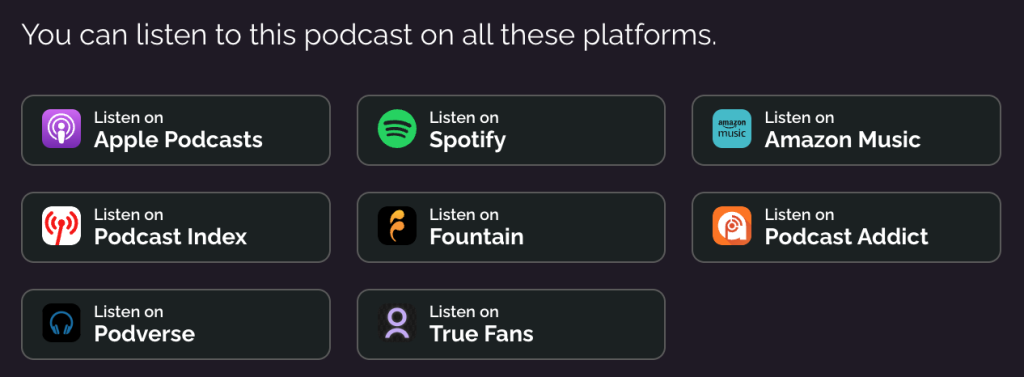- September 15, 2025
- FOXITBLOG
In every era of innovation, certain shifts feel less like tools and more like turning points. Today, voice-driven AI is one of those shifts. Far beyond convenience, it’s redefining how we capture knowledge, improve workflows, and unlock human potential.
Christopher Hensley, author of Digital Kaizen and a veteran in financial services, puts it plainly: “AI without voice is useless.” His conviction reflects a growing truth—voice interaction with AI doesn’t just speed up tasks, it deepens how we process, remember, and act on information.
From Efficiency to Insight: The Promise of Digital Kaizen
The philosophy of Kaizen—continuous, incremental improvement—has long been applied in manufacturing and business. But when layered with AI, its meaning expands. Hensley describes this evolution as combining three pillars:
- The Extended Mind – recognizing that much of our best thinking happens outside our heads, in conversations, commutes, and even showers.
- The Second Brain – building systems to capture and organize knowledge so our limited working memory isn’t overloaded.
- Kaizen with AI – using pattern recognition and automation to accelerate growth loops.
Voice technology is the bridge. By recording thoughts, meetings, or even personal reflections, professionals create raw, unfiltered data. AI then transforms this data into patterns, insights, and actions. As Hensley explains, “When you just voice dump to a recorder, you often capture your strongest thoughts before editing strips them away.”
Why Voice Matters More Than Text
Typed interactions with AI will always have value, but voice introduces unique dimensions:
- Speed – speaking is faster than typing.
- Emotion & Tone – voice carries nuance text strips away.
- Memory Capture – raw voice recordings preserve fleeting ideas before they’re lost.
Consider compliance-heavy industries like finance or law. AI isn’t just accelerating efficiency; it’s strengthening oversight. Instead of manually reviewing thousands of emails or client calls, AI can flag risk patterns, detect tone shifts, and surface red flags for human review. As Hensley notes, “It’s actually been a gift for compliance to be able to do it at scale, probably much better than what I was doing 20 years ago.”
The Personal Side: Voice as a Tool for Self-Reflection
What’s striking is how these same practices extend beyond business. Hensley began using voice-driven AI to journal his personal life. The insights were unexpected—missed moments with family, repeated themes in conversations, even subtle cues in tone.
As Hensley encourages, “Hit record. Save it now. Have those conversations. Say it out loud.”
Guardrails for Growth
Of course, with opportunity comes risk. Over-reliance on AI can dull critical thinking. Privacy concerns demand vigilance. And mistakes—at scale—can be costly. That’s why it’s important to avoid blind optimism. Practical guardrails are needed:
- Be an editor – fact-check AI outputs before using them.
- Protect privacy – ensure sensitive data stays in compliant systems.
- Keep your voice – delegate tasks, but not meaning, to AI.
“Don’t give up meaning to AI,” Hensley cautions. Instead, treat AI as a mirror that reflects back patterns and possibilities for you to interpret.
The Future at Our Fingertips
As smart glasses, wearables, and audio-first tools evolve, the frontier of voice-driven AI is just opening. For professionals and lifelong learners alike, the challenge is less about whether to adopt AI and more about how intentionally we integrate it.
The future of growth, as Hensley frames it, might be as simple as pressing record.
FAQ
Why focus on voice-driven AI instead of text?
Voice is faster, captures emotion and nuance, and preserves unfiltered ideas that typing often edits out.
How does AI improve compliance-heavy industries?
AI can detect tone, sentiment, and risky language at scale, surfacing issues faster and more consistently than manual review.
What are the risks of over-reliance on AI?
Over-reliance can reduce critical thinking, introduce privacy risks, and amplify errors at scale. Guardrails and human oversight are essential.
👉 Want to dive deeper? Listen to the full podcast conversation with Christopher Hensley and explore how you can shape your approach to growth.
Catch all new episodes of The Digital Impact every Friday.

